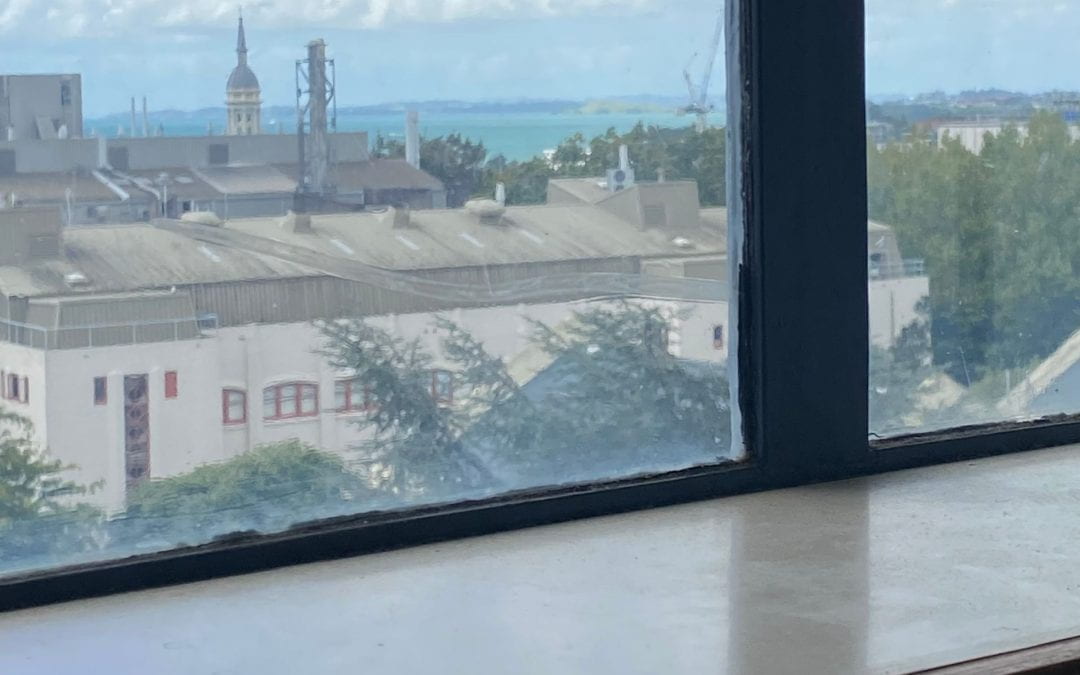The closer you get to the end of your degree, the greater it looms – your capstone course.
What’s a capstone?
Capstone courses are like the finishing touch on your degree – it’s a final project or course that helps bring everything you’ve learnt all together. It’s a bit different from your usual courses in that sense, since you’re working towards applying your knowledge you’ve gained from your whole degree – and that difference is what can make it seem a bit daunting. Most students in science will have to do a capstone (there are some exceptions, like if you started your degree prior to 2019 – check with student hubs) in order to meet the degree requirements and graduate, and since they’re pretty new, there’s not a huge amount of reviews about what they’re actually like – so as someone who’s just finished their capstone, here’s my account of it!
BIOSCI399 and me
I took BIOSCI399 – but if you’re doing a double major, you can pick which capstone subject you do. One of my main concerns was the project-type aspect and the heavy focus on group work – which I’ll come back to.
How BIOSCI 399 runs is that there’s a 1hr seminar (basically a lecture) and 2hr workshop every week. These lectures weren’t like traditional lectures where you take notes then study the material, and sit tests on it. There’s no test or exam at all – the only way you’re assessed on lecture content is by writing up 3 key points after each lecture. These lectures also aren’t on specific biology topics, like genetics or cells or ecology – they’re focused on the applications and context of biology, like what we can do with biology, or how research impacts the real world. I think it’s quite refreshing to take a step back from deep, technical dives into science and look at the bigger picture – it definitely does enrich what you’ve learnt over the past three years!
Workshops
The lectures are only a small part of your grade – the bulk of it is the workshop sessions and your projects. Essentially, what happens is you will complete a group project based on a topic, where you choose from a provided list. Each group in the workshop class will do one topic (so multiple groups can’t do the same topic). Each person in the group will be responsible for looking at that topic from a “dimension” – which is basically a perspective or approach you can take (like social or political). You’ll write a formal article, then give a presentation at the end. It’s also quite valuable to look at a biological topic from a lens that isn’t so technical – it really helps you to understand the context and impacts of the science knowledge you gained over your degree, and how everything comes together in the real world.
Group work
The tricky thing here is that group work definitely isn’t everyone’s cup of tea. When we had to select our groups, we all had to go to a section of the room that was labelled with the topic we wanted and tear off a strip of paper with each dimension on it, so naturally, our group members were chosen based on all of us wanting to do a common topic, rather than freely forming groups. Essentially, our groups were chosen at random. Having heard reviews of not only this course, but those with strong group work components, I was quite nervous about the group I would get. At uni, everyone approaches things a little differently – some people like to do things early and get them out of the way, some will work right up until the deadline. Some people prefer on campus meetings, others over Zoom. Everyone is different – and this can be where things get a bit difficult. Personally, I feel I got lucky with my group, as we all wanted to do well on our project. But still, sometimes, we didn’t always have the same ideas.
My advice to anyone who has to do group work is that being open to compromise is super important. If the issue is not that important, sometimes it’s best to compromise so that everything goes smoothly. While I was worried that there would be lots of disagreements and we wouldn’t be on the same page, I think it’s important to remember that everyone at uni is there to achieve the same end goal – to get the degree. Realistically, at some point, most people will have to do group work, be it labs or projects – being flexible and understanding others is highly important. But if things are going really wrong, you can reach out to your teaching staff. It was emphasised in BIOSCI 399 that if anything was going wrong, you were encouraged to get in touch to help sort it out – so it’s not too much of a worry!
Summary
Overall, taking a capstone was a fantastic way to put what we’d learnt into practice and think about how biology really works in the real world. The group project aspect was especially daunting because it was such a big part of the grade. But it worked out fine, especially because we all had the common goal of putting together a good project. Hopefully you’re inspired, and also less nervous about capstones than I was as a second year student!
